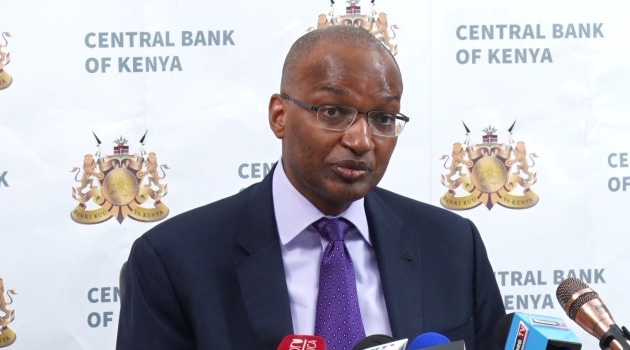Oxfam, a global aid agency, has warned that the austerity measures being implemented by the Kenyan government as part of its loan conditions from the International Monetary Fund (IMF) will exacerbate poverty and inequality in the country.
The measures, which include the removal of subsidies for maize and fuel, as well as spending cuts in certain areas, will put crucial public services at risk and harm ordinary citizens, according to Oxfam’s recent analysis.
Kenya’s IMF Program necessitates rapid fiscal consolidation, expecting that current expenditures will decline from 19.3% of gross domestic product (GDP) in the initial program year to 17.4% by the fiscal year 2023/24.
However, Oxfam argues that while IMF agreements encourage countries to expand their social policies, evidence from Kenya’s 2022/23 budget reveals substantial declines in the financing of various ministries. After adjusting for inflation, all social ministries were projected to experience significant cuts.
Read: President Ruto’s Government Public Debt Crisis
Oxfam argues that budget cuts are little more than a fig leaf for harmful austerity, which is driving “inequality, poverty and suffering.” The charity gives the example of funding for higher education as a case in point, highlighting that the IMF lending agreement requires restructuring of state-owned enterprises, which in the loan documentation includes the higher education sector. Universities are at risk of harmful cuts, even though the number of students is anticipated to rise in the coming years.
Under the IMF conditions, the Kenyan government also committed to limiting growth in the public sector wage bill, and Oxfam is fearful of a fresh round of job cuts.
President William Ruto has already signaled his willingness to take the IMF’s bitter prescription to get the battered economy back on track. This ongoing IMF funding Program has seen the global lender prescribe a significant dose of austerity, including demands for public spending cuts, which could impact public jobs amid an unemployment crisis. It also includes increasing taxes, a move that is likely to further burden the already economically strained Kenyans.
Read: Kenya to Record 5.3 Percent Economic Growth – IMF
Kenya is currently seeking new financing from the IMF and the World Bank, which are expected to provide USD1.25 billion in budgetary support in the coming weeks.
Central Bank of Kenya (CBK) Governor Patrick Njoroge recently stated that the government is in talks for new funding from the IMF to support falling foreign exchange reserves.
The country is also seeking a new loan under the IMF’s Resilience and Sustainability Trust to help ensure sustainable growth.
Email your news TIPS to editor@thesharpdaily.com
















